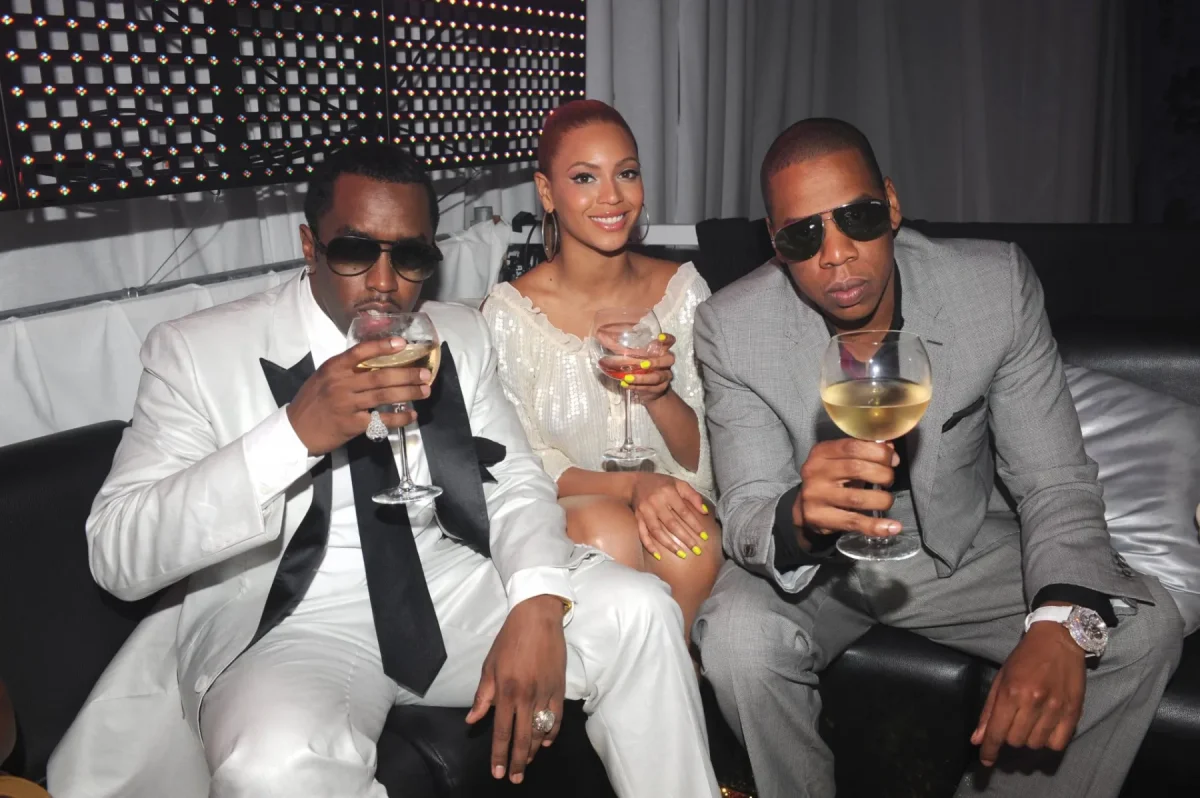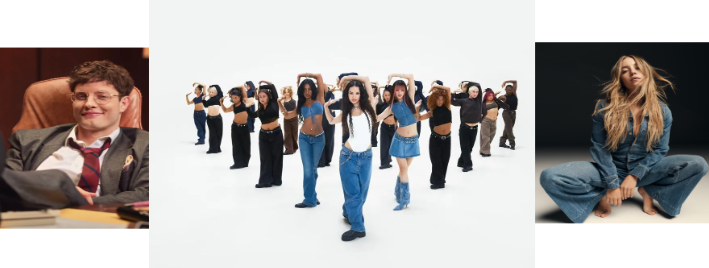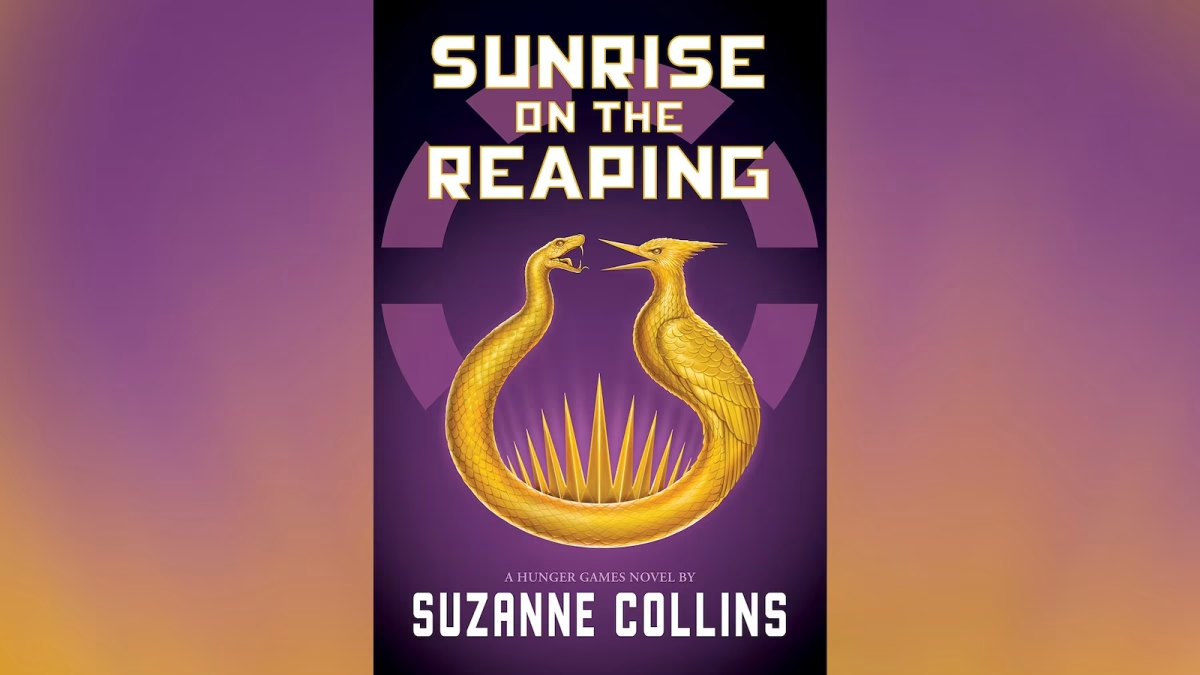The entertainment industry has been rocked by allegations against Sean “Diddy” Combs, with repercussions reaching Beyoncé and Jay-Z. While the accusations focus on Diddy, high-profile critics and conspiracy theories have drawn the Carters into the case, raising questions about their ties to the under-fire musician. Although no concrete evidence implicates them, the couple’s names have been repeatedly brought up in discussions around power, accountability, and misconduct in the music industry.
Singer Jaguar Wright has been among the most harsh critics. On Piers Morgan Uncensored, Wright alleged that Beyoncé and Jay-Z are part of a troubling network, referring to them as “monsters” and claiming she has victims ready to testify against the pair. Wright’s comments ignited controversy, particularly as she tied the Carters to past tragedies, including the death of singer Aaliyah. The couple’s legal team requested the removal of the segment, which some view as an effort to avoid false allegations.
Jason Lee’s podcast reignited speculation when he claimed Jay-Z and Beyoncé contacted him regarding rumors. However, critics labeled Lee’s statements as attention-seeking. Social media users mocked his credibility, questioning why the Carters would engage him if the allegations were meaningless.
Despite mounting speculation, Jay-Z and Beyoncé have refrained from filing lawsuits against critics like Wright. Legal expert Don Lemon suggested this is because Wright is “judgment proof,” meaning she lacks assets, making legal disputes pointless. Critics argue this legal stance could be misinterpreted as evasion rather than a decision to avoid magnifying claims.
Media ethics are also under scrutiny, with figures like Piers Morgan criticized for platforming Wright’s unreliable allegations. Observers warn that such coverage risks spreading misinformation and could lead to significant liability for broadcasters. “Morgan had a responsibility… to put on truths to people,” Lemon stated, emphasizing the role of the media in combating inaccurate narratives.
Online, the controversy has given rise to conspiracy theories connecting the Carters and Diddy to dark chapters in entertainment history. Some speculate about their involvement in Aaliyah’s death, though these claims lack credible evidence. These theories highlight the public’s desire for scandal and the challenges celebrities face in managing their reputations amidst speculation. Defenders of the Carters argue that their great success makes them frequent targets of unproven accusations. Big Homie.CC, a former celebrity bodyguard, warned against making stirring claims stating, “It’s about to get ugly for a lot of people.” This statement reflects the careful balance between free speech and accountability for unproven allegations.
The Diddy scandal and the Carters’ monetary involvement within it, underlines broader issues of power dynamics and accountability in the music industry. While Diddy faces direct legal battles, the public fixation on Jay-Z and Beyoncé reveals a social tendency to attach association with guilt. Observers note that the Carters’ silence may be a deliberate strategy to avoid further rumors, while letting their legal and PR teams manage the aftermath.
This scandal also raises ethical questions about media responsibility in amplifying controversial stories. Legal experts have warned that platforms broadcasting unverified allegations could face extreme damages, particularly if content is deemed inaccurate. Meanwhile, Wright’s persistence in making public allegations speaks to broader frustrations with the entertainment industry’s perceived lack of transparency.
As the controversy continues to evolve, Beyoncé and Jay-Z remain focused on protecting their legacy. For now, their strategy appears to be choosing not to engage directly with rumors. However, the public and media fascination with their perceived ties to Diddy highlights the challenges of navigating fame and controversy.









